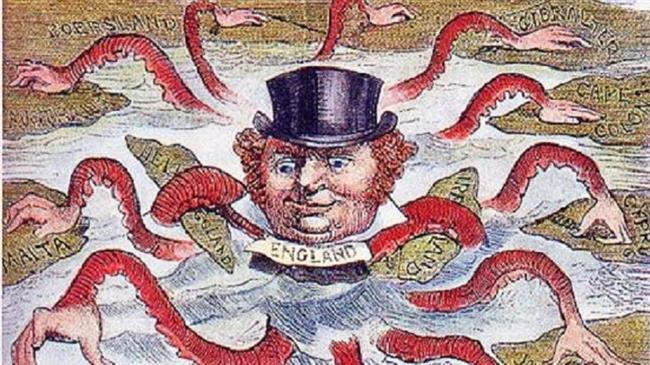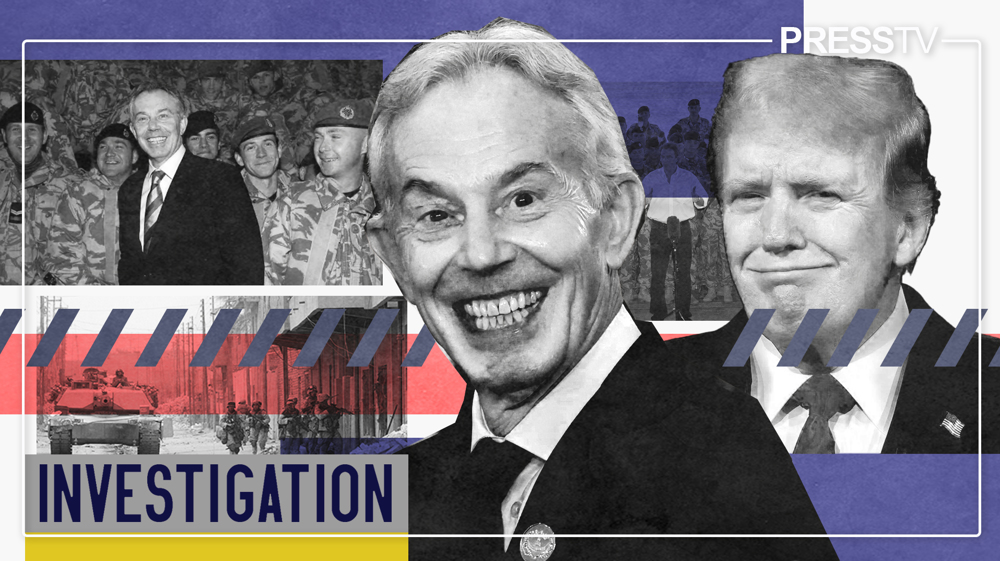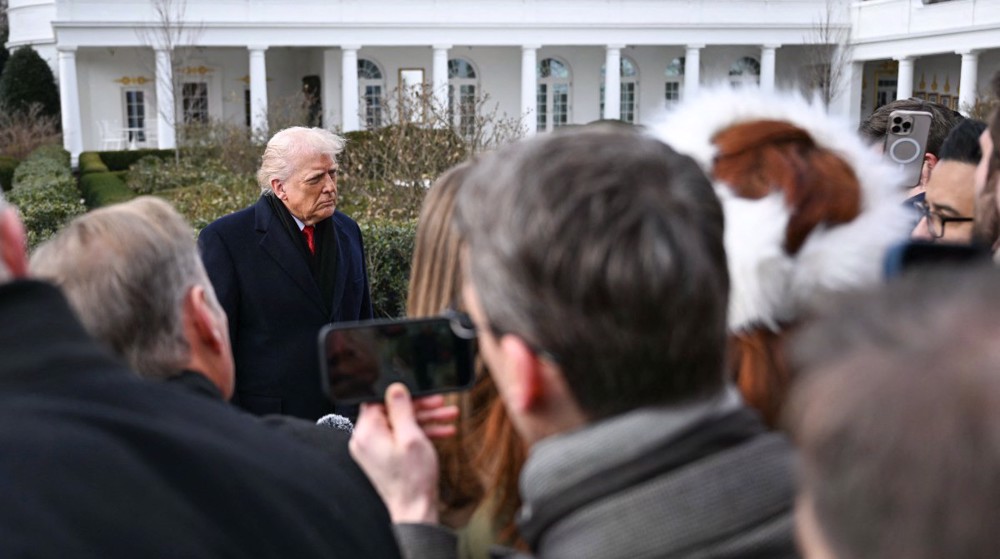The hypocrisy underpinning Britain’s contrasting approach to Kashmir and Hong Kong
As India continues to crack down on the disputed region of Kashmir in the wake of the revocation of Article 370, Britain’s position on the issue has been marked by a deafening silence.
The Foreign and Commonwealth Office (FCO) has merely expressed “concern” about India’s decision to strip Kashmir of its special status, which was guaranteed by Article 370 of the Indian constitution.
Newly-installed British foreign secretary, Dominic Raab, claimed he had spoken to his Indian counterpart, Subrahmanyam Jaishankar, and subsequently received “clarity” on India’s stance on the issue.
In a previous statement, an FCO spokesman had claimed the UK was following developments “closely” and urged people to remain “calm” over the issue.
But “calm” is the last thing on the minds of the embattled people of Kashmir. Not only have Kashmiris been stripped of their special status, but they have also had to endure a wide-ranging security lockdown.
India has imposed a near-constant curfew and communications blackout on the disputed region as it tries to deter protests and demonstrations following the revocation of Article 370.
In addition, India has detained, or placed under house arrest, scores of Kashmiri leaders and activists. These include pro-India leaders, notably former Chief Ministers, Mehbooba Mufti and Omar Abdullah.
Whilst the FCO has remained more or less neutral on the issue, influential members of the ruling Conservative party are coming out in support of India’s Prime Minister, Narendra Modi and his Bharatiya Janata Party (BJP).
Tory MP, Bob Blackman, who is close to Modi and the BJP, has described Article 370 as an “anomaly” which has held back Kashmir’s development.
In a letter to the British PM, Boris Johnson, Blackman wrote: “I strongly support the revocation of Article 370… Narendra Modi has again shown proper and strong leadership in honouring the manifesto of the BJP – now is the time to properly integrate Jammu and Kashmir into the Indian Constitution”.
Blackman’s letter to Johnson followed on the heels of the chairwoman of the All Party Parliamentary Group on Kashmir’s letter to the foreign secretary, underlining the potential human rights violations pursuant to India’s decision to revoke Article 370.
The chairwoman, Labour MP Debbie Abrahams, wrote: “The unilateral decision made by the Indian government to remove Article 370 betrays the trust of the people of Jammu and Kashmir, dating back to the accession of 1947, and threatens to escalate tensions in the region even further. It also contravenes international law”.
So why has the British government remained silent on the issue? The main reason is the desire to strengthen trading and economic links with India.
According to figures by the UK’s Office for National Statistics, in 2018 Britain’s exports to India increased at the fastest rate among the country’s top trading partners outside the European Union (EU), with a 19.3% hike in goods and services.
The UK is keen to sign a trade deal with India following the country’s exit from the EU on October 31. India’s high commissioner to Britain, Yashvardhan Sinha, set back British hopes in April 2018 after he said his country was not in a “rush” to conclude a post-Brexit trade deal with the UK.
By turning a blind eye to India’s arbitrary constitutional changes (in respect of the revocation of Article 370) and to its human rights violations in Kashmir, the British government hopes to change India’s mind about a speedy post-Brexit trade deal.
If the British government has too much to lose by upsetting India over Kashmir, then the reverse is true in respect of China over Hong Kong.
From the beginning of the unrest in Hong Kong in early June, Britain has consistently supported anti-China “protestors” and agitators.
Former foreign secretary, Jeremy Hunt, strongly supported the protestor’s central demand, namely, the withdrawal of an extradition bill to mainland China.
But the “protestors” in Hong Kong clearly pursued much broader political goals than the mere cancellation of an extradition bill. This was plainly evident after Hong Kong’s Chief Executive, Carrie Lam, announced on June 14 that she was delaying the proposed extradition law.
Following Lam’s announcement, which was widely interpreted as a goodwill gesture to the protesters, the “students” comprising the bulk of the protest movement, not only didn’t scale down their activities, but in fact, they went on the offensive.
On July 1st, protestors stormed and defaced Hong Kong’s parliament. And in a vivid demonstration of the protestors’ real loyalties they foisted the colonial-era flag (emblazoned with the Union Jack) atop the parliamentary podium.
Hunt rushed to the protester’s defence by warning China of “serious consequences” should the People’s Republic exercise its right of restoring order in its own territory.
“We stand foursquare behind the people of Hong Kong”, Hunt Said. Hunt’s successor as head of the FCO, Dominic Raab, has drawn China’s ire after he called for an “independent investigation” into the recent “turmoil”.
In a strong rebuke to Raab, Chinese Foreign Ministry Spokesperson, Hua Chunying, said the days when Britain ruled Hong Kong were “long gone”, before urging Raab to “stop making random and inflammatory accusations”.
It is clear that Britain sees Hong Kong, in addition to Taiwan, as effective pressure points on China. British interests in the region are closely aligned to America’s, namely both powers are anxious to contain China’s rise as a global power.
Therefore, as a comparative analysis of British approaches to Kashmir and Hong Kong demonstrates, UK foreign policy is driven entirely by realpolitik and concerns about “human rights” are entirely contingent, if not downright spurious.
By Rupert Cansell, Investigative Journalist
Russia slams ‘unacceptable’ US pressure on Cuba as Trump seeks oil cutoff
Epstein advised ex-Israeli PM Ehud Barak to cooperate with US AI firm Palantir
Iran, US to hold nuclear talks in Istanbul: Report
Israeli strikes kill at least one, injure several people in south Lebanon
VIDEO | Imam Khomeini at Iran’s Neauphle-le-Château: Revolutionary influence in France
VIDEO | Press TV's news headlines
Israel holds 766 Palestinian bodies, nearly half since October 2023: Report
VIDEO | A new lease of life










 This makes it easy to access the Press TV website
This makes it easy to access the Press TV website